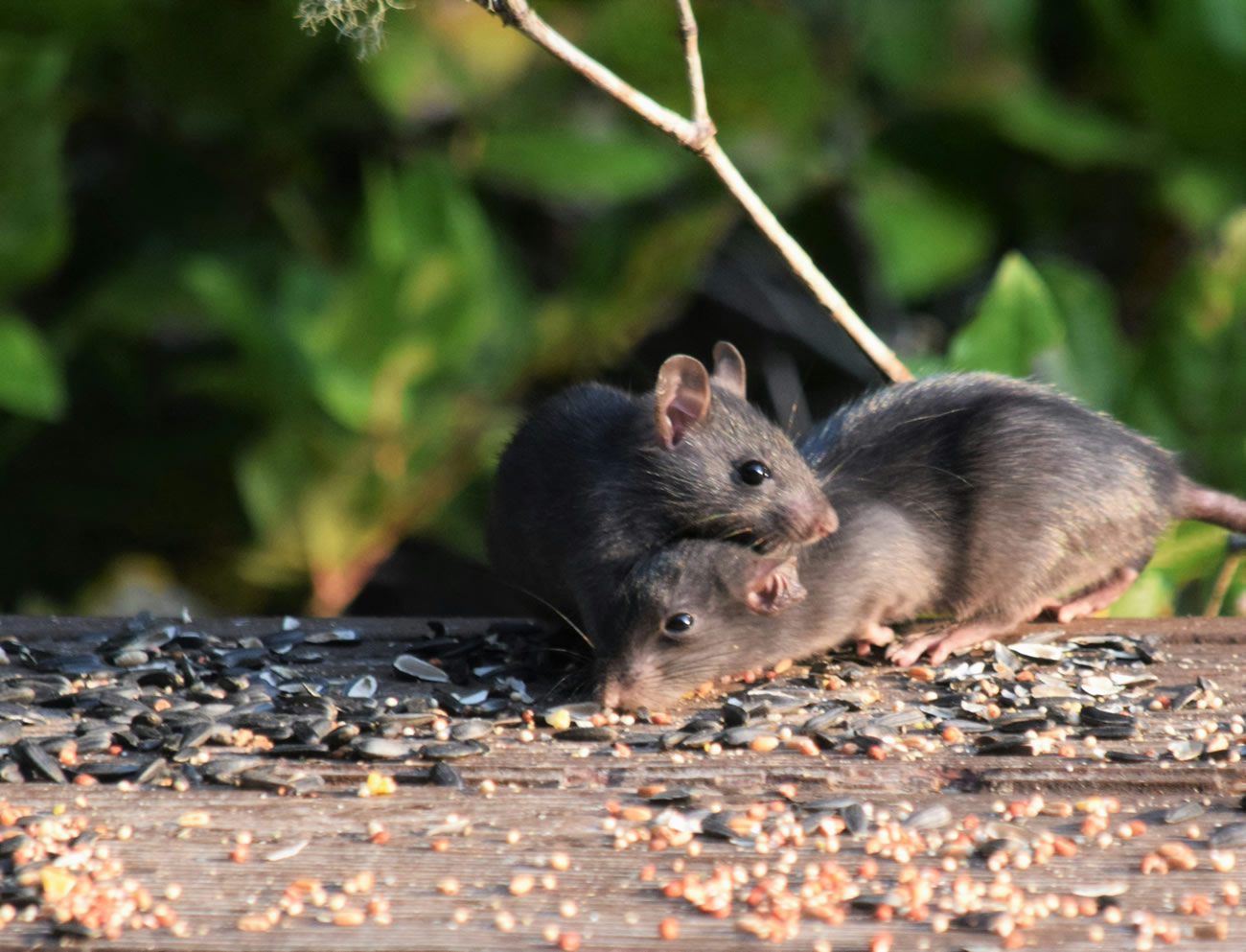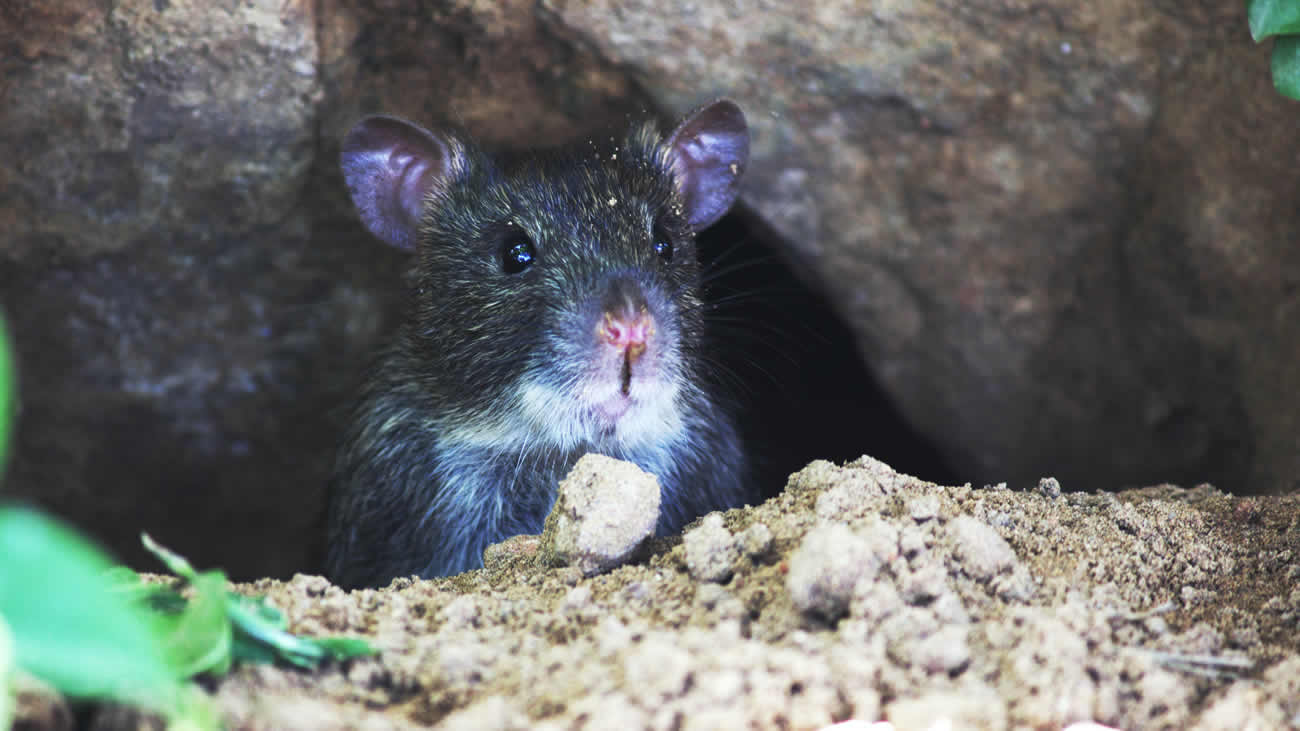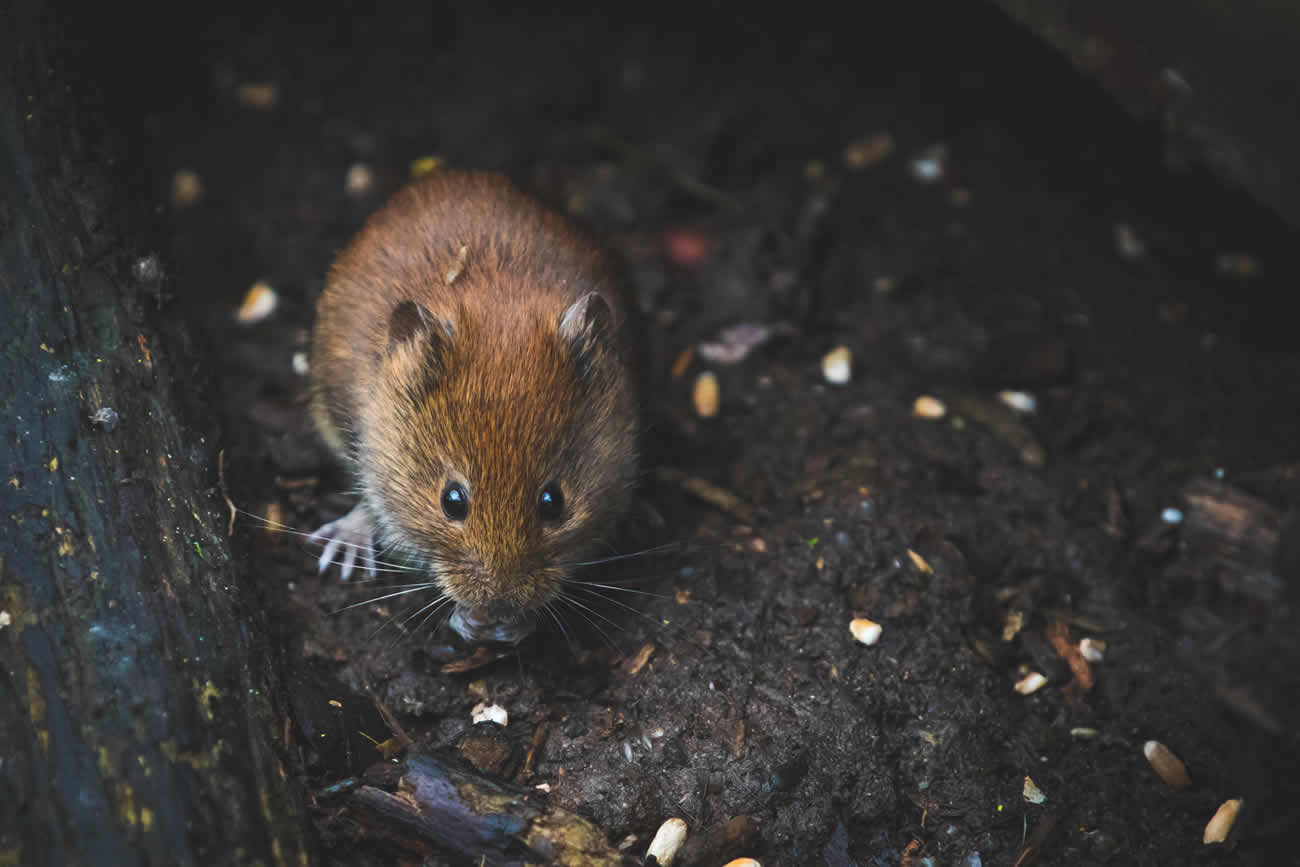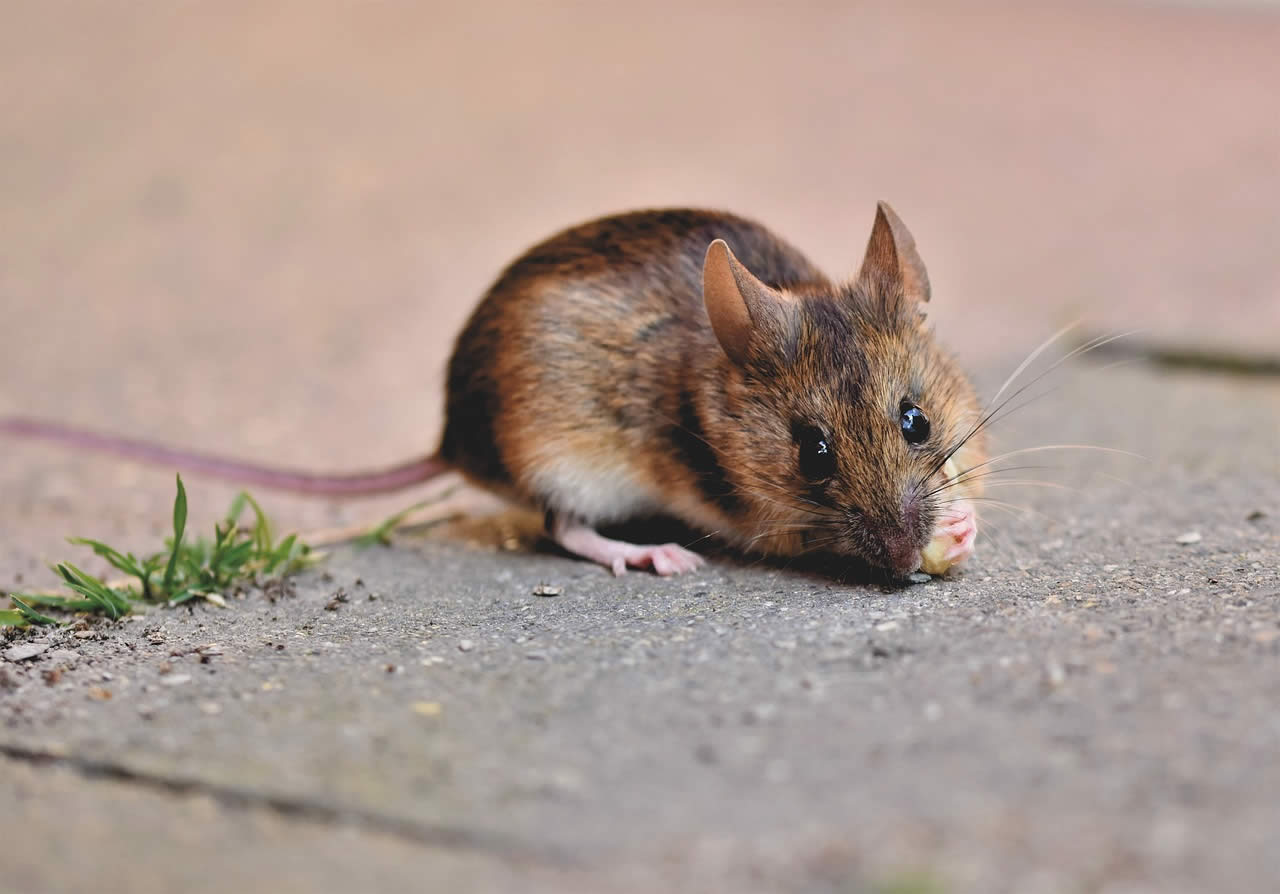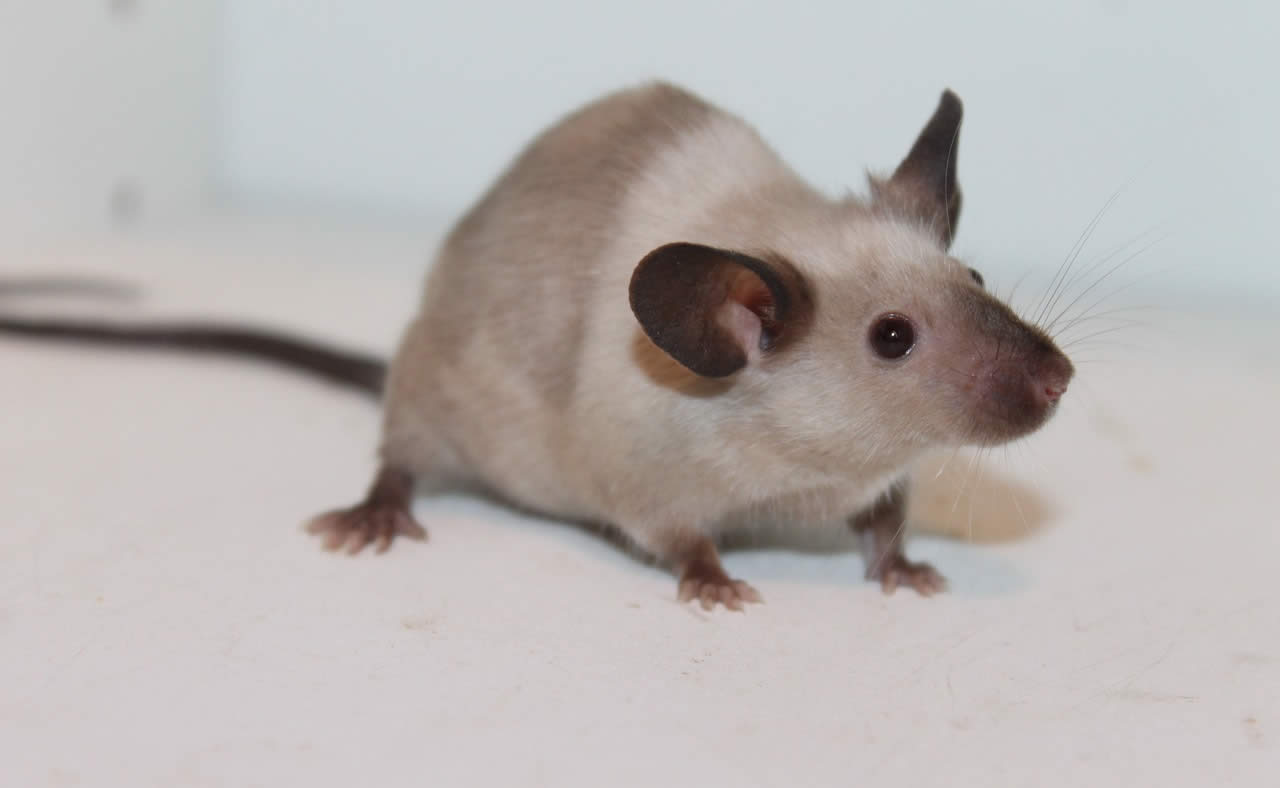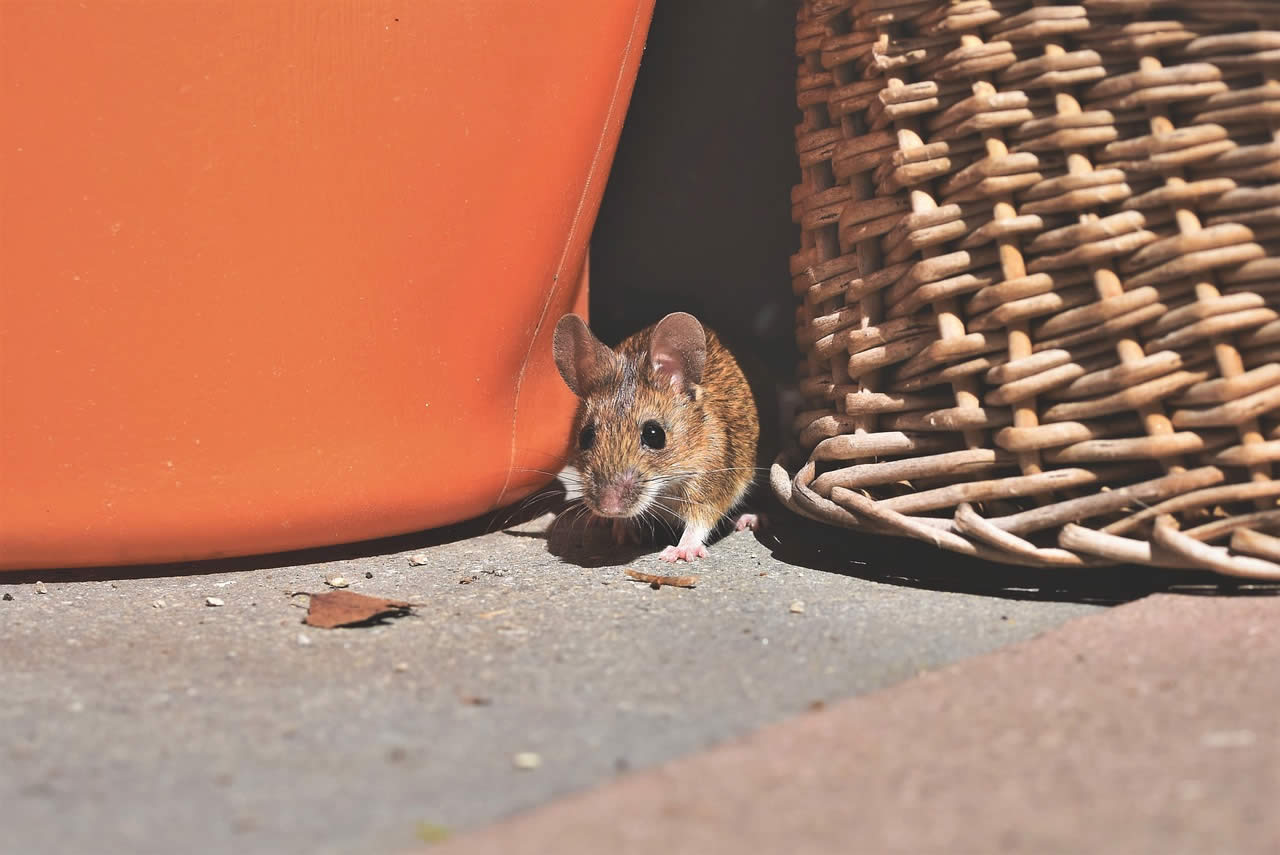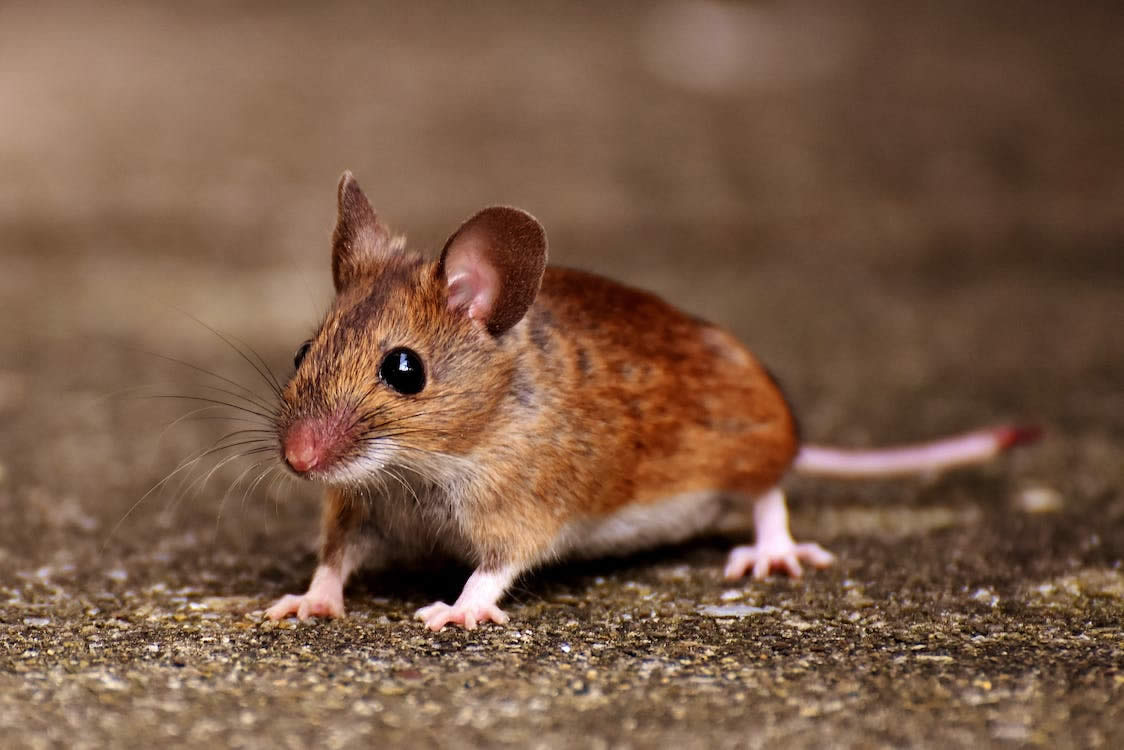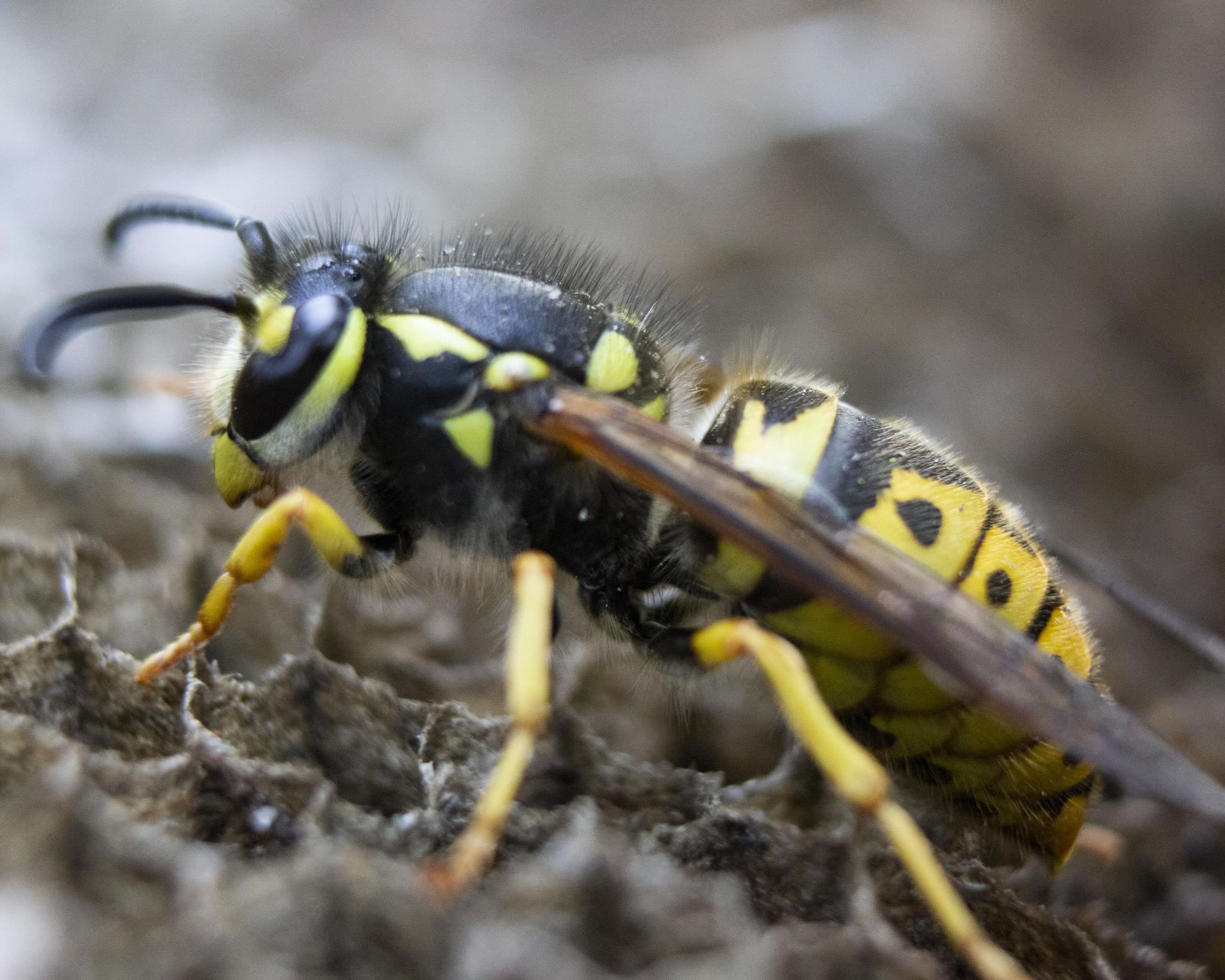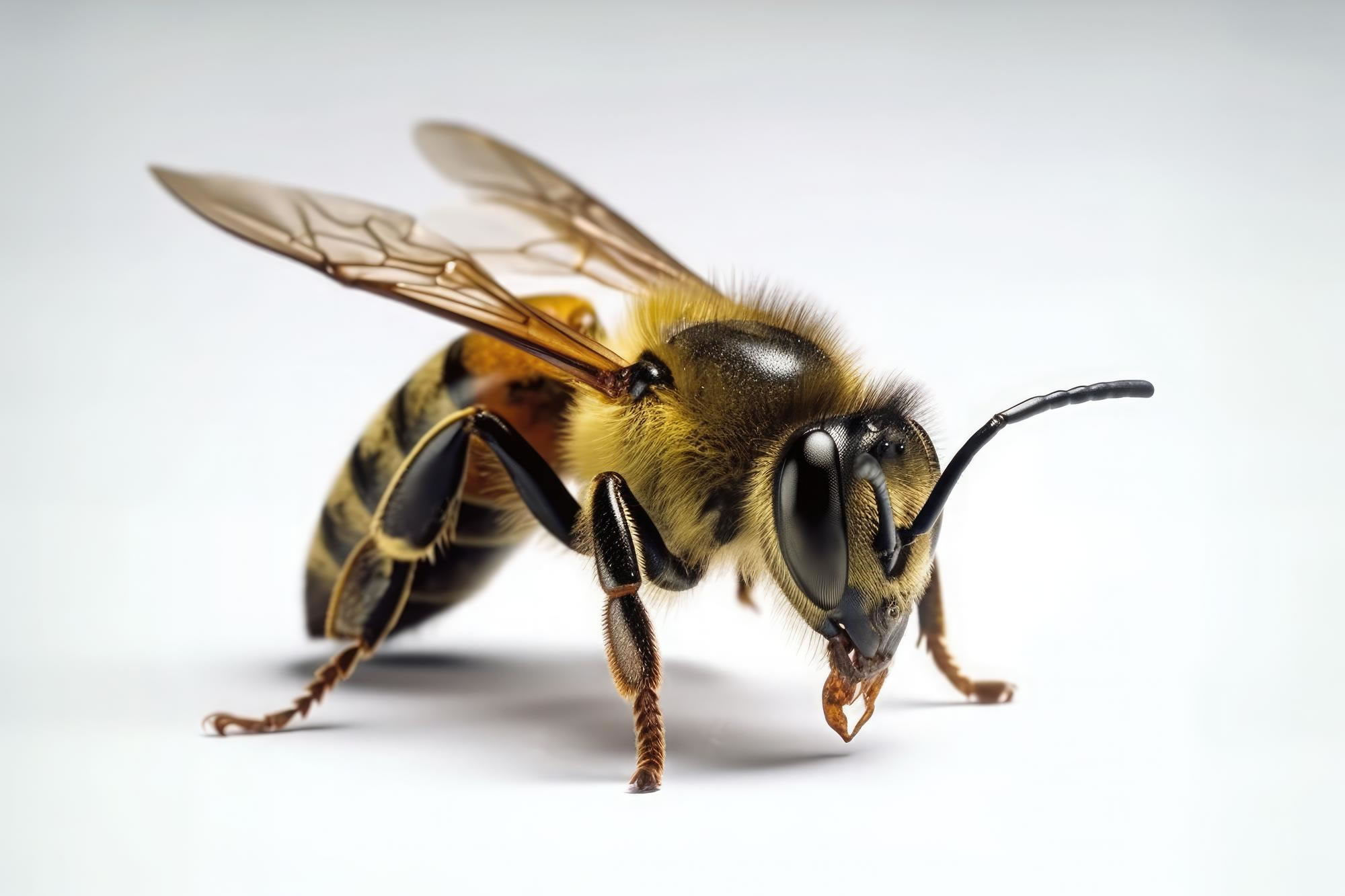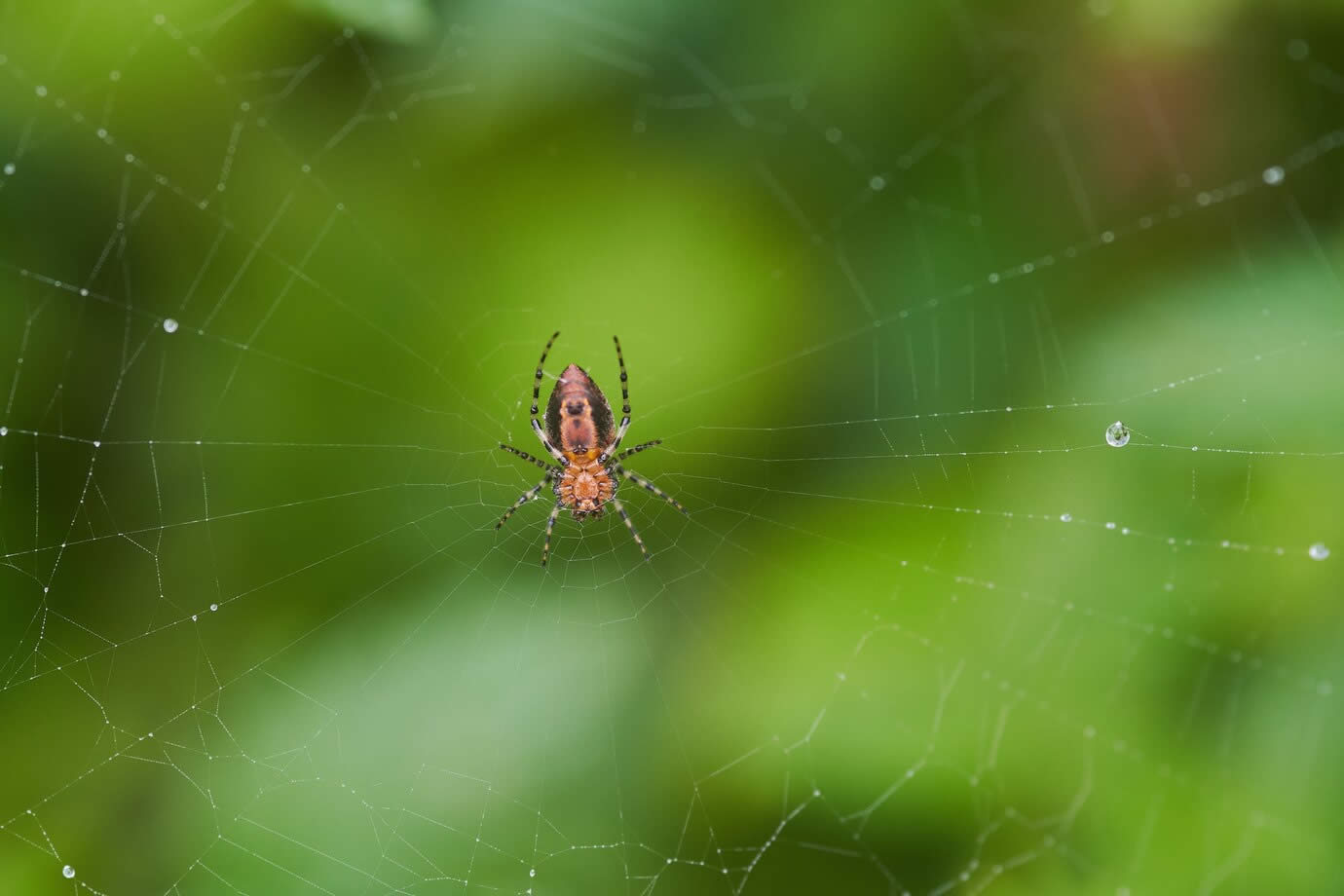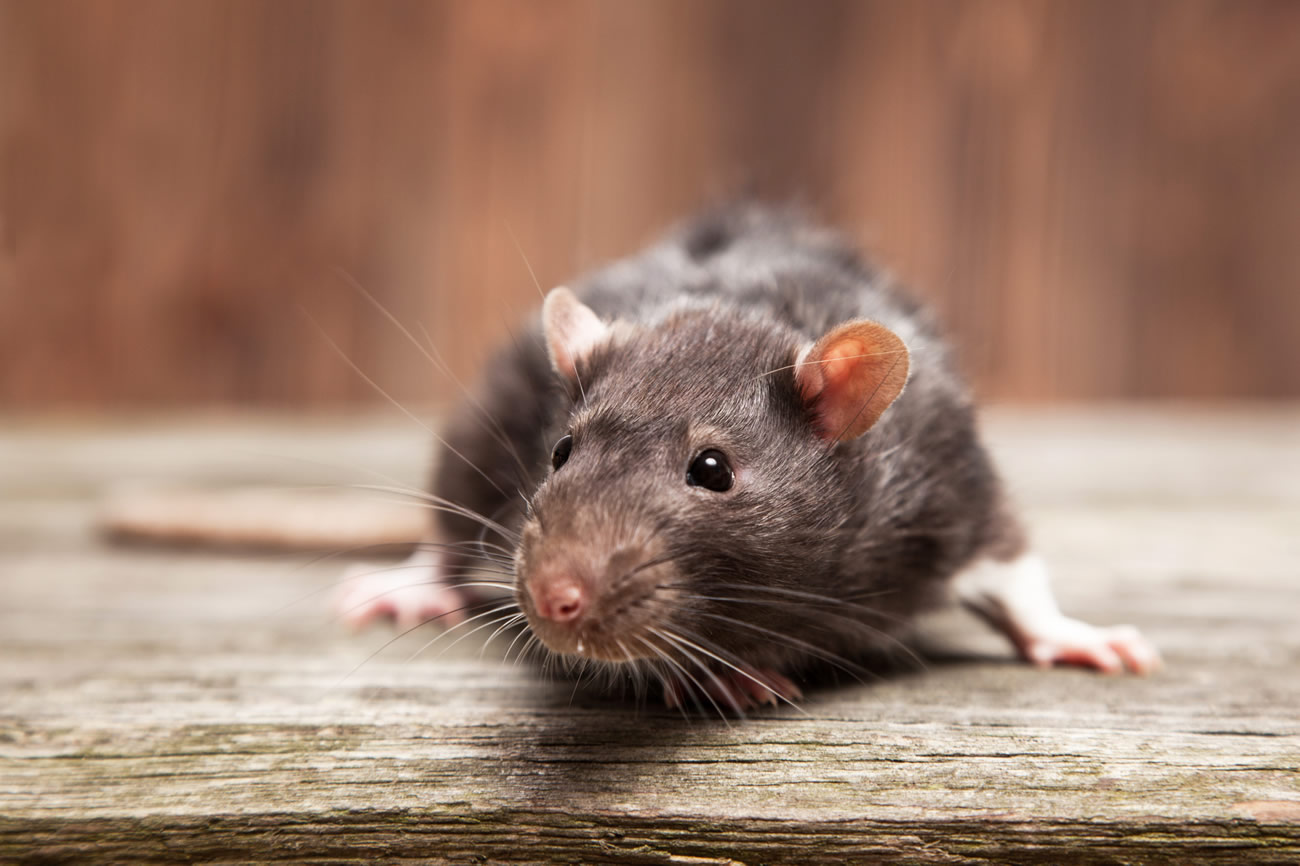Do you hear faint scuttling noises behind your walls, like tiny paws scurrying about? Or have you discovered small, pesky droppings mysteriously appearing in your pantry? These telltale signs unequivocally indicate that uninvited mice have made themselves at home in your cherished abode. Not only can a mice infestation be distressing and disrupt your peace, but it can also pose significant health hazards for you and your loved ones. These notorious critters are not content with merely nibbling on your delectable food and causing property damage; they are also notorious carriers of diseases that can jeopardise your well-being.
However, fear not, for banishing these unwanted intruders from your sanctuary is not an insurmountable challenge. With the right approach and a dash of determination, you can bid farewell to these mischievous mice once and for all. In this comprehensive blog post, we shall delve into the depths of effective strategies that homeowners can employ to successfully eradicate these pint-sized nuisances. So, grab a cup of tea, settle in, and let’s embark on this journey together towards a mouse-free haven.
Table of Contents
ToggleSeal Entry Points
The initial and crucial step in effectively eradicating a mice infestation is to diligently block their entry points. It’s astonishing to note that these pesky rodents can effortlessly squeeze through minuscule gaps and cracks as small as 6mm in diameter. Therefore, it becomes imperative to meticulously inspect your entire house for potential entry points that might serve as gateways for these unwanted guests.
During your inspection, pay close attention to areas such as the gaps between doors and windows, ventilation systems, and plumbing access points. These are common areas where mice tend to find their way into your home. Once you have identified these vulnerable spots, it is highly recommended to seal them off using effective materials such as copper wool, expanding foam, or steel wool. These substances serve as formidable barriers, effectively preventing any further intrusion by these agile little creatures.
Peppermint Essential Oil
Mice, with their keen sense of smell, have a strong aversion to the delightful aroma of peppermint oil. To utilise this natural repellent, you can soak a few cotton balls in peppermint essential oil and strategically place them at points where you’ve observed mice activity. Alternatively, for added effectiveness, you may consider creating a peppermint oil solution and spraying it on potential entry points or areas of mouse activity.
The refreshing scent of peppermint oil works like a charm, ensuring the unwelcome critters stay far away from your cherished abode.
Trap and Release
If you prefer not to harm mice, trapping and releasing them can be a compassionate approach to eliminate them. However, it’s important to note that it’s not as straightforward as just setting up a mouse trap and letting them go in the wild. Mice possess a strong homing instinct, which means that releasing them too close to your home might result in their swift return. To prevent this, it’s advisable to choose a release location that is at least 5km away from your home.
Opting for secure places like parks or wildlife reserves ensures that the mice can find a safe habitat and reduces the chances of them finding their way back to your residence. This thoughtful consideration helps to ensure both the well-being of the mice and the maintenance of a pest-free environment in your home.
Electronic Repellents
Electronic pest repellents are rapidly gaining popularity due to their non-toxic and safe nature for humans and pets alike. These ingenious devices emit high-frequency sound waves that are particularly bothersome to mice, effectively encouraging them to vacate your living space. For optimal results, strategically position the devices in areas where you’ve observed mice activity or potential entry points.
While these repellents may not yield immediate results, with consistent usage, you’ll gradually witness a substantial reduction in mice activity within the confines of your home. Rest assured, this reliable and humane solution will help you reclaim your space from these unwanted visitors.
Call in the Professionals
If dealing with a persistent and overwhelming mouse infestation seems like an insurmountable challenge, it’s time to seek the assistance of dedicated and skilled pest control professionals. These experienced experts possess the knowledge and expertise to swiftly assess the true extent of the infestation, meticulously identify the various entry points that these tiny intruders exploit, and adeptly implement a range of highly effective eradication methods.
Moreover, in addition to resolving the immediate issue at hand, these professionals can also offer invaluable guidance and advice on precautionary measures that can be taken to minimise the risk of future infestations. Don’t let the burden of a mouse infestation weigh you down, let the experts handle it with precision and care.
Overview
Mice are one of the most common household pests, and they can be difficult to get rid of. However, there are a number of things you can do to eliminate mice from your home.
- Identify the entry points: Mice can enter your home through even the smallest openings, such as cracks in walls or around pipes. Seal up any holes or gaps you find with caulk or steel wool.
- Inspect your food storage: Mice are attracted to food, so it’s important to store food properly to prevent them from getting in. Keep food in airtight containers, and don’t leave food out on counters or tables overnight.
- Clean up food spills and crumbs: Mice are attracted to food scraps, so it’s important to clean up any spills or crumbs immediately. Sweep or vacuum regularly, and empty trash cans often.
- Remove clutter: Mice like to hide in clutter, so it’s important to remove any unnecessary items from your home. This will make it more difficult for them to find places to nest.
- Use traps and bait: There are a number of traps and baits available to kill mice. Choose a trap that is appropriate for the size of the mice in your home, and place it in areas where you have seen mouse activity.
- Use rodent repellents: There are a number of rodent repellents available that can help to keep mice away from your home. These repellents work by emitting a scent that is unpleasant to mice.
- Have your home professionally exterminated: If you have a serious mouse infestation, it may be necessary to have your home professionally exterminated. A professional exterminator will use a variety of methods to eliminate mice, including traps, bait, and repellents.
Here are some additional tips for getting rid of house mice:
- Don’t handle or feed the mice. This can make them more likely to come back.
- Wear gloves and a mask when cleaning up mouse droppings. This will help to prevent the spread of disease.
- Have your pets vaccinated against rabies. Mice can carry fleas and rabies, and it is important to take steps to protect yourself and your pets.
If you follow these tips, you can effectively get rid of mice from your home and prevent them from coming back.
Conclusion
Dealing with a mice infestation can be a real nuisance, but fear not! There are several effective methods you can employ to tackle this issue head-on. Firstly, it’s crucial to seal off any potential entry points to prevent these pesky critters from finding their way into your home. Additionally, consider utilising the power of peppermint essential oil, known for its ability to deter mice with its strong scent.
Another option is to use traps to capture and release the mice safely, or even consider electronic repellents for a more high-tech approach. However, if the situation persists or becomes overwhelming, it’s always wise to call in the professionals who have the expertise to handle the problem effectively.
Remember, time is of the essence when it comes to dealing with mice infestations. These furry intruders can multiply rapidly, so the sooner you take action, the better. Furthermore, maintaining a clean and tidy home is key to avoiding attracting mice in the first place.
FAQs
What materials are most effective for sealing potential entry points for mice, such as gaps between doors/windows, ventilation systems, and plumbing access points?
The most effective materials for sealing potential mouse entry points are copper wool, steel wool, caulk, cement, and expanding foam. These materials can be used to fill gaps and holes both inside and outside the home. Steel wool and copper wool are especially effective as mice will not chew through them.
How can I make my own peppermint oil solution to use as a natural mouse repellent? What is the recommended ratio of peppermint oil to water?
To make a homemade peppermint oil mouse repellent solution, mix 15-20 drops of 100% pure peppermint essential oil per cup of water. Shake vigorously before each use to disperse the oil through the water. The recommended ratio is 1 part peppermint oil to 3 parts water.
What is the ideal distance I should release trapped mice from my home to prevent them from returning due to their strong homing instinct?
It is recommended to release trapped mice at least 5-10 kilometers (3-6 miles) away from your home. This long distance reduces the chances of mice returning due to their strong homing ability. Releasing mice in parks, fields, or wildlife reserves far from your home is ideal.
What types of electronic pest repellents are most effective against mice? Do I need one for each room or are certain ones able to cover a larger area?
Ultrasonic and electromagnetic pest repellents are considered the most effective electronic devices for repelling mice. One strategically placed device can cover an average-sized room of about 300 square feet. For larger homes, use one device per room in problem areas.
How can I find and hire a skilled pest control professional to handle a serious mouse infestation? What qualifications should I look for?
Look for licensed and certified pest control technicians when hiring a professional. Technicians should have training and certification in rodent removal specifically. Ask about their experience with mice, methods used, and if they follow integrated pest management practices. Get estimates from 2-3 services before deciding.
What are the most common diseases that mice can transmit to humans? How dangerous are they?
Salmonella, Hantavirus, and Lyme disease are some of the most common and dangerous diseases mice can transmit. Mouse droppings and nests should always be handled with caution, wearing gloves and a mask. Promptly disinfecting areas of mouse activity can reduce disease risks.
What steps can I take to properly clean up and disinfect areas where mice have been active to prevent the spread of disease?
Wear gloves and a mask when cleaning up droppings and nests. Use disinfectant or a bleach solution to thoroughly clean floors, walls, cabinets, etc. Soak up urine and droppings with paper towels before disinfecting. Wash hands thoroughly afterwards. Dispose of waste securely in sealed plastic bags.
How often should I wash bedding, clothing, or other fabrics that may have been exposed to mice droppings or nesting materials?
Any fabrics exposed to mice should be washed in hot water and dried on a high heat setting immediately. Repeatedly wash and dry items that may have been heavily contaminated before reuse.
Are there any home remedies or natural deterrents that can help keep mice away, in addition to peppermint oil?
Cayenne pepper, cloves, bay leaves, lavender, garlic, and vinegar are other natural scents that can help deter mice. Placing them around potential entry points may help repel mice from your home.
How can I mouse-proof my home to prevent future infestations? What preventative measures should I take?
Seal all possible entry points inside and out with weather stripping, metal mesh, copper wool, etc. Keep vegetation trimmed back from the home exterior. Store food securely in airtight containers. Set traps regularly, even if you don’t see signs of mice. Routinely clean and disinfect the home.


